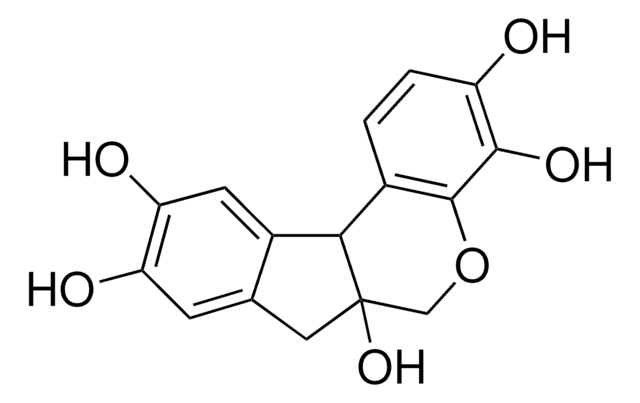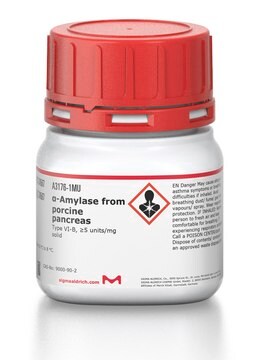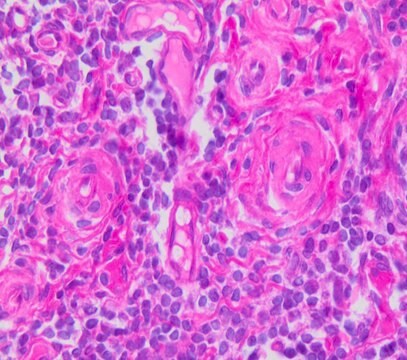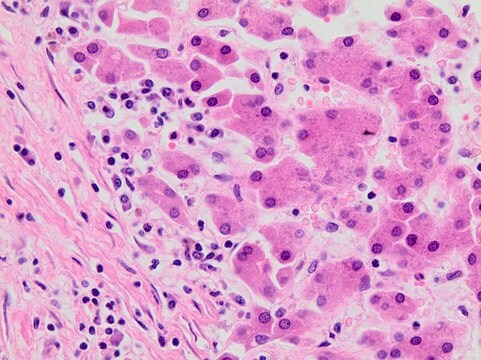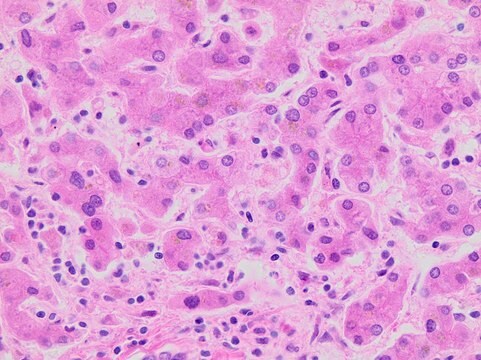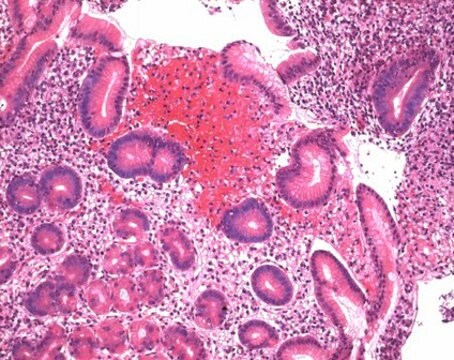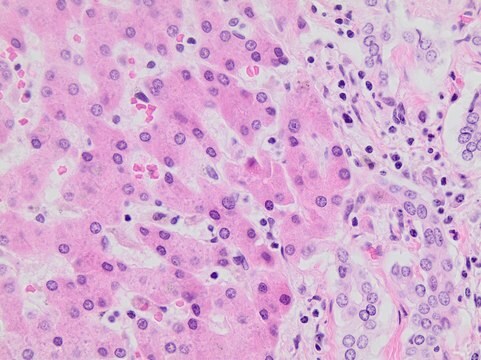MHS1
Mayer′s Hematoxylin Solution
About This Item
Productos recomendados
Formulario
solution
Nivel de calidad
caducidad
Expiry date on the label.
DIV
for in vitro diagnostic use
concentración
1 g/L
pH
2.4 (25 °C)
aplicaciones
hematology
histology
temp. de almacenamiento
room temp
cadena SMILES
Oc1cc2C[C@@]3(O)COc4c(O)c(O)ccc4[C@H]3c2cc1O
InChI
1S/C16H14O6/c17-10-2-1-8-13-9-4-12(19)11(18)3-7(9)5-16(13,21)6-22-15(8)14(10)20/h1-4,13,17-21H,5-6H2/t13-,16+/m0/s1
Clave InChI
WZUVPPKBWHMQCE-XJKSGUPXSA-N
¿Está buscando productos similares? Visita Guía de comparación de productos
Descripción general
Aplicación
Otras notas
Código de clase de almacenamiento
12 - Non Combustible Liquids
Clase de riesgo para el agua (WGK)
WGK 2
Punto de inflamabilidad (°F)
Not applicable
Punto de inflamabilidad (°C)
Not applicable
Elija entre una de las versiones más recientes:
¿Ya tiene este producto?
Encuentre la documentación para los productos que ha comprado recientemente en la Biblioteca de documentos.
Los clientes también vieron
Protocolos
Use this protocol to for the entire immunohistochemistry (IHC) procedure through staining and visualization of specific antigens in paraffin-embedded tissue sections.
Nuestro equipo de científicos tiene experiencia en todas las áreas de investigación: Ciencias de la vida, Ciencia de los materiales, Síntesis química, Cromatografía, Analítica y muchas otras.
Póngase en contacto con el Servicio técnico